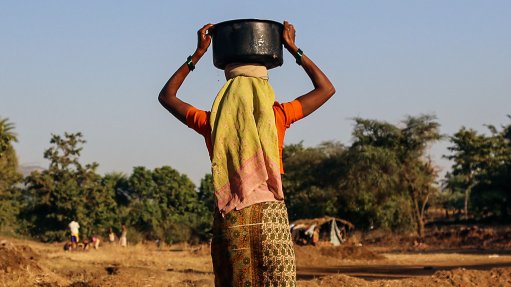
The World Bank Group's ‘Women, Business and the Law 2016’ report, released this week, has revealed that women still face many challenges to economic advancement, owing to legal barriers that exclude them from certain jobs, limit their access to credit and leave them unprotected against violence in many economies.
The report, which examined laws that impede women's employment and entrepreneurship, found that women faced job restrictions in 100 of the 173 economies monitored.
“Women are barred from working in certain factory jobs in 41 economies; in 29 economies they are prohibited from working at night; and in 18 economies they cannot get a job without permission from their husband,” the report noted.
Only half of the economies covered had paternity leave and less than a third had parental leave, limiting men's ability to share childcare responsibilities. In 30 economies, married women could not choose where to live and in 19 they were legally obligated to obey their husbands.
These and a range of other disparities monitored by the World Bank have far-reaching consequences, not only negatively affecting women, but their children, their communities, and their countries' economies. The report counted nearly 950 instances of gender inequality, under seven indicators.
"It is a grave injustice when societies place legal restrictions on women's ability to get a job or participate in economic life. Women – like men – deserve every opportunity to fulfill their potential, no matter where they live. These restrictions are also bad economics.
“Women represent over half the world's population. We can't afford to leave their potential untapped - whether because laws fail to protect women against violence or exclude them from financial opportunities, property ownership or professions," said World Bank Group president Jim Yong Kim.
"When women can work, manage incomes and run businesses, the benefits extend far beyond the individual level – to children, communities and entire economies. We will not rest until women have full economic rights everywhere,” he added.
Lower gender equality was also associated with fewer girls attending secondary schools, fewer women working or running businesses and a higher gender wage gap.
Where laws did not provide protection from domestic violence, women were likely to have shorter life spans. But where governments supported childcare, women were more likely to be employed.